We just heard about a new RFP announcement from the Ford Foundation to explore participatory grantmaking research that we want to encourage folks in our network to apply for! The Ford Foundation is looking to award individuals and organizations that are generating evidence on the benefits and challenges of participatory grantmaking, with the goal to increase these participatory practices, specifically with large legacy foundations and high-net-worth donors. They will award $300K between 5-15 grantees who show the value of participatory grantmaking and offer evidence to back it up. Deadline to have proposals in is Thursday, July 25th, and the final decision will be announced in October. Learn more about the RFP below and find the original on the Philanthropy News Digest site here.
Ford Foundation Issues RFP for Participatory Grantmaking Research
The Ford Foundation has issued a Request for Proposals from individuals and organizations that are generating evidence on the benefits and challenges of participatory grantmaking. The foundation’s goal is to increase overall willingness to test and implement participatory approaches across philanthropy, but especially in areas with lower rates of adoption such as legacy foundations and high-net-worth donors.
As documented in a recent monograph, Participatory Grantmaking: Has Its Time Come?, and GrantCraft guide, Deciding Together: Shifting Power and Resources Through Participatory Grantmaking, a growing number of grantmakers and donors are using participatory approaches. These include involving non-grantmakers/donors in designating funding priorities and strategies, reviewing and assessing proposals, establishing decision-making criteria, making funding decisions, and conducting evaluations. While more grantmakers and donors are embracing participatory approaches, two constituencies have been relatively slow to do so — large legacy foundations (private foundations set up to conduct grantmaking) and high-net-worth-donors (generally defined as those with more than $50 million in bankable assets).
Encouraging wider consideration of the merits of participatory approaches among these audiences will require more information that “makes the case” for participatory grantmaking, including compelling arguments about and empirical evidence of its value, benefits, outcomes, and impacts.
As part of its philanthropy portfolio, the foundation has allocated $300,000 to support research that can help make the case and build a body of evidence for participatory approaches.
Participatory grantmaking is defined as the involvement of non-grantmakers/donors in developing funding strategies; designating funding priorities; reviewing and assessing proposals; establishing decision-making criteria; making funding decisions; and conducting evaluation.
Some examples of key questions and potential areas for more exploration include but are not limited to: What value does participation add to philanthropy? How should value be measured? What are the benefits and challenges of participatory grantmaking? What are the long-term benefit and costs of doing/not doing participatory philanthropy/grantmaking? Is foundation transparency, accountability, and feedback the same as participation? What is the role of donors/experts in participatory grantmaking and what value does it have? What would a cultural ethos of participation in foundations look like?
The foundation expects to award approximately five to fifteen grants in support of proposals that provide clear and persuasive arguments and/or empirical evidence that demonstrates the value and impact of participatory grantmaking. Our overarching and driving questions are: Does participatory grantmaking lead to better/stronger philanthropic outcomes/impacts? Why, and how do we know?
What would it take? How do we know if participatory grantmaking has been successful? How do we measure success in terms of process and results on the ground? What are the effects of participatory grantmaking on the people who are participating? Does this approach strengthen the efforts of larger movements? If so, how? If not, what needs to be leveraged to make such contributions? Does participatory grantmaking promote/advance diversity, equity, and inclusion? If so, how and how do we know? If not, why? What are the practical considerations funders need to consider when implementing participatory grantmaking? Where and how does participatory grantmaking “fit” with other kinds of participatory approaches/fields? What are the similarities and differences? Are there ways in which these approaches enhance each other and, if so, how? Where does participation fit into decisions about allocating non-grant resources?
Proposals will be evaluated by the steering committee based on criteria that includes: a strong alignment between the project and the goal of the initiative; the project’s potential for advancing participatory grantmaking across philanthropy, especially among legacy foundations and high-net-worth donors. (Will it “move the needle?”); demonstrated commitment to diversity and inclusion; potential for or involvement of new voices; capacity to carry out the project; a plan and capacity for disseminating findings; and adequacy of the budget and timeline for the project.
Projects should be completed by April 1, 2021.
To be eligible, applicants must be an individual or organization based in the United States and focus primarily on work taking place in the United States.
The deadline for proposals is July 25, 2019, with final grant decisions to be announced in October.
For more information, a copy of the full RFP, or to submit a proposal, email FFparticipatorygrantmaking@gmail.com. In the email, please include “Participatory Grantmaking RFP” in the subject line. If submitting a proposal, be sure to include in the body of the email the project name, a one- or two-sentence description of the project, and the name, organization, address, phone number, and email address for the primary contact.
 In late 2018, PACE undertook a research effort to better understand the perceptions of language our field uses to describe civic engagement and democracy work. In other words, when we say “civic engagement” or “democracy” or “patriotism,” “activism,” or “justice” to most Americans, what do they hear? And what does it mean to them?
In late 2018, PACE undertook a research effort to better understand the perceptions of language our field uses to describe civic engagement and democracy work. In other words, when we say “civic engagement” or “democracy” or “patriotism,” “activism,” or “justice” to most Americans, what do they hear? And what does it mean to them?
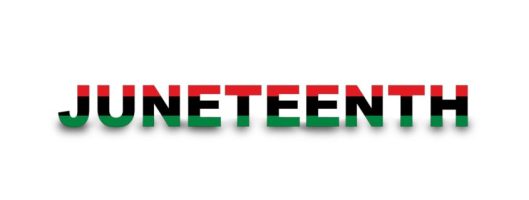
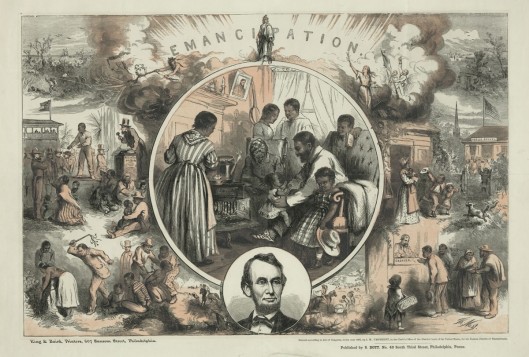

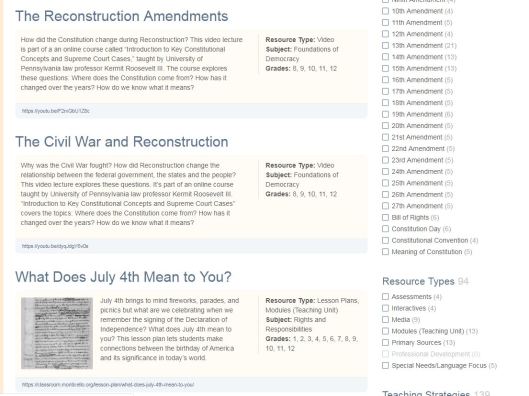
 Wednesday, June 19th
Wednesday, June 19th Professional Facilitator (CPF) accreditation can be hard. Common questions people ask are What’s involved? How much time will it take? Will I meet the requirements? and What if I don’t pass? In response to strong interest from members, we will be exploring these questions at a webinar with hosts that have years of experience as professional facilitators and as IAF Assessors.
Professional Facilitator (CPF) accreditation can be hard. Common questions people ask are What’s involved? How much time will it take? Will I meet the requirements? and What if I don’t pass? In response to strong interest from members, we will be exploring these questions at a webinar with hosts that have years of experience as professional facilitators and as IAF Assessors.
 Friday, June 21st
Friday, June 21st Celebrating Partnerships that Strengthen America
Celebrating Partnerships that Strengthen America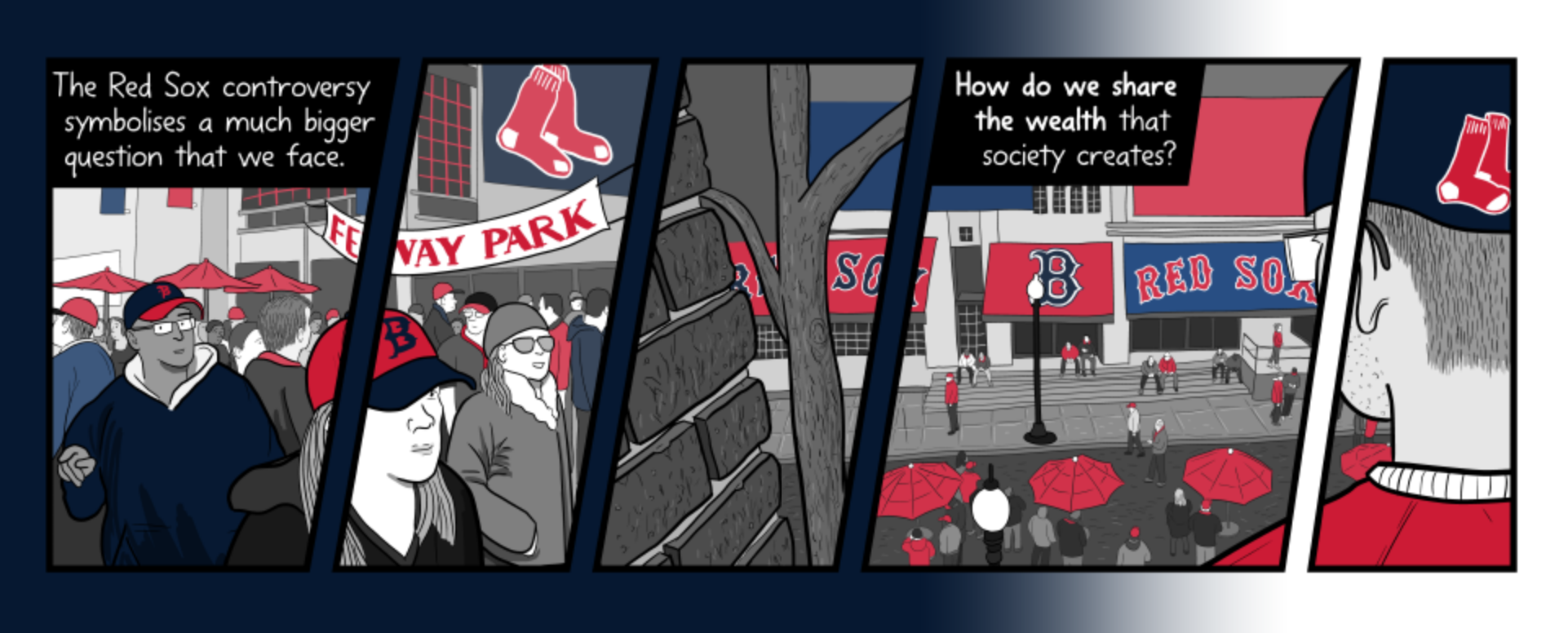
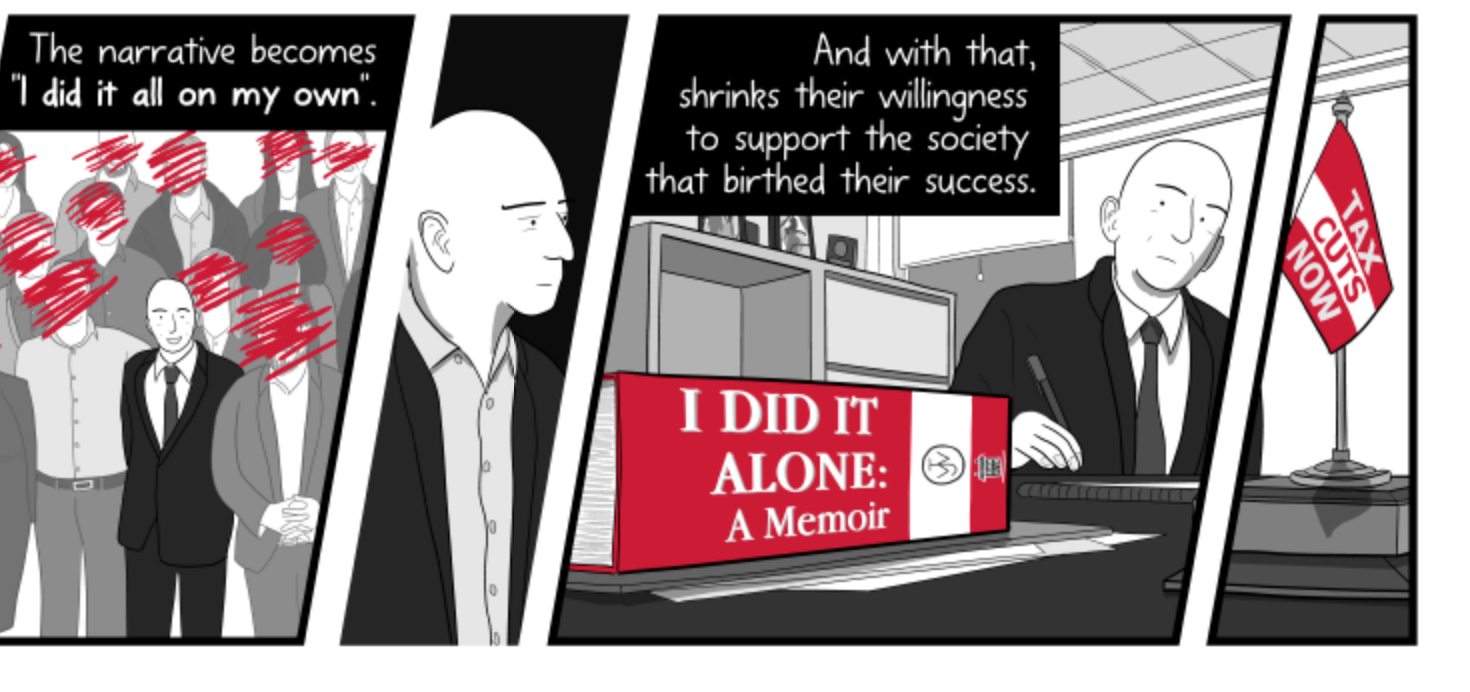
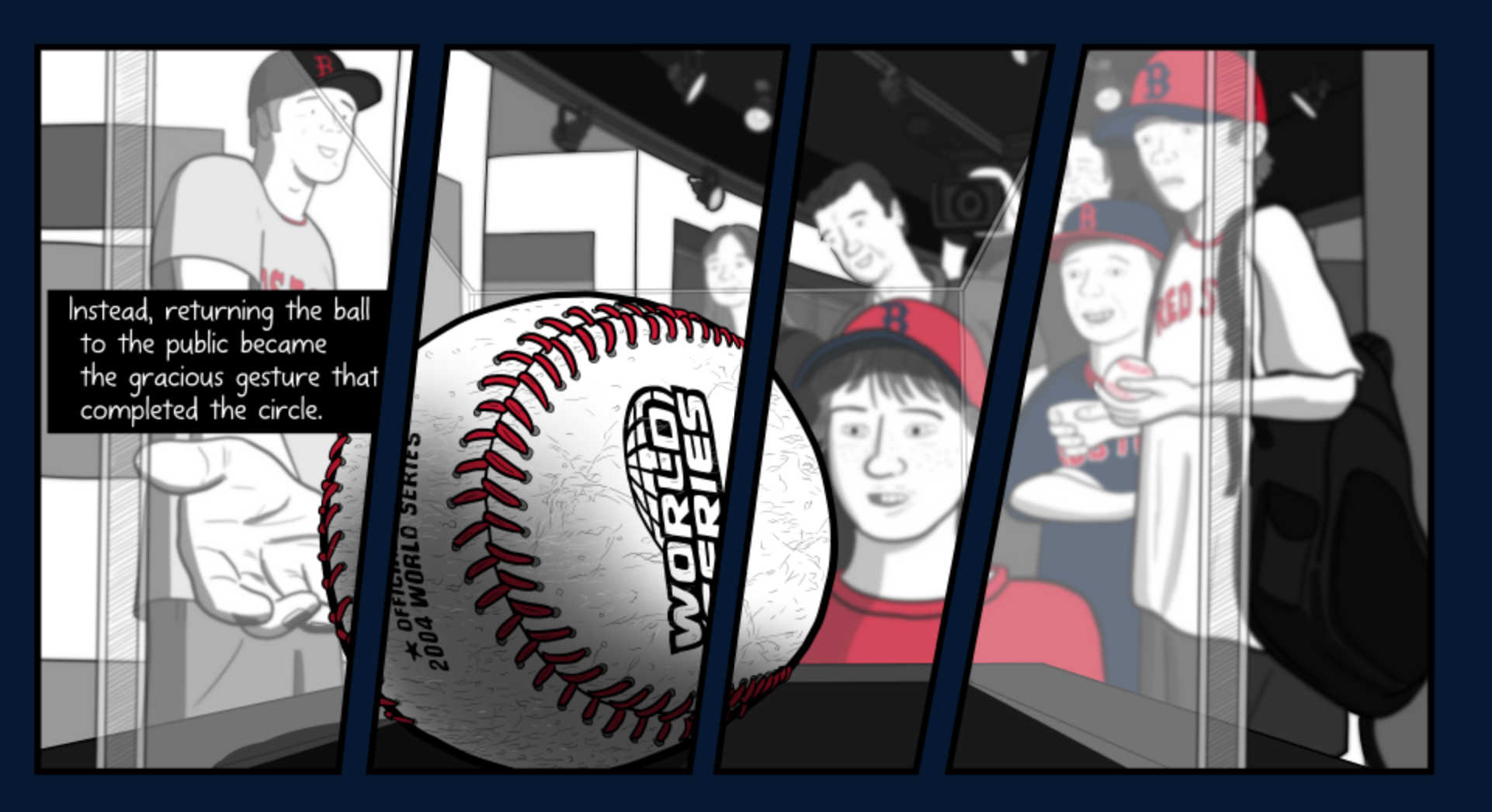
 The Youth Collaboratory is a year-long program to empower and connect a rising generation of civic leaders and doers.
The Youth Collaboratory is a year-long program to empower and connect a rising generation of civic leaders and doers.